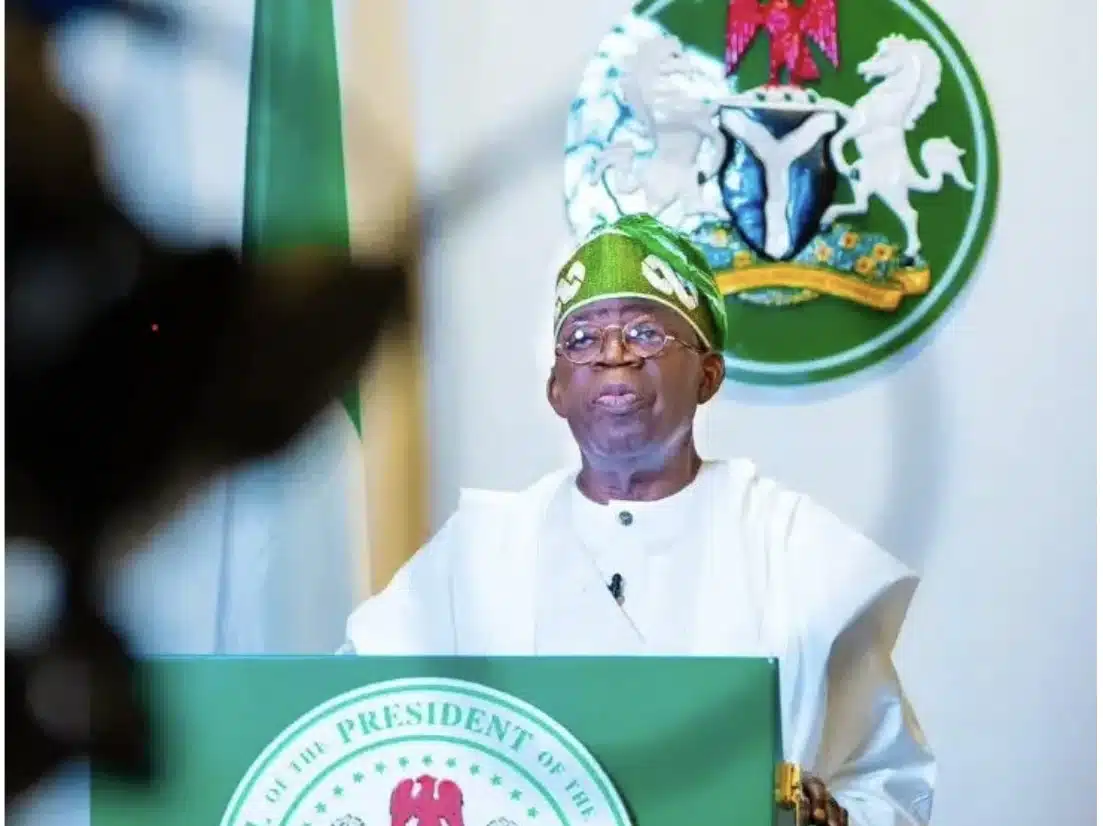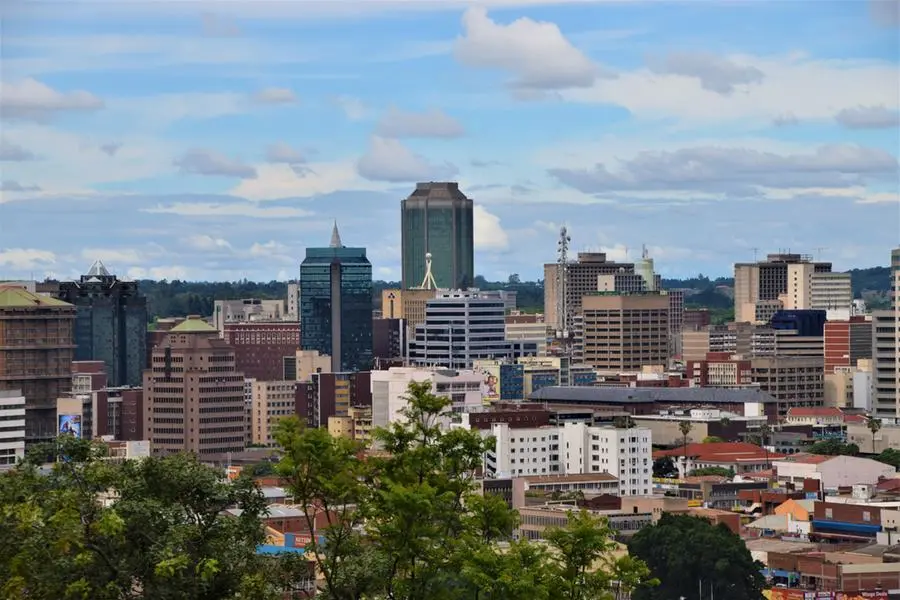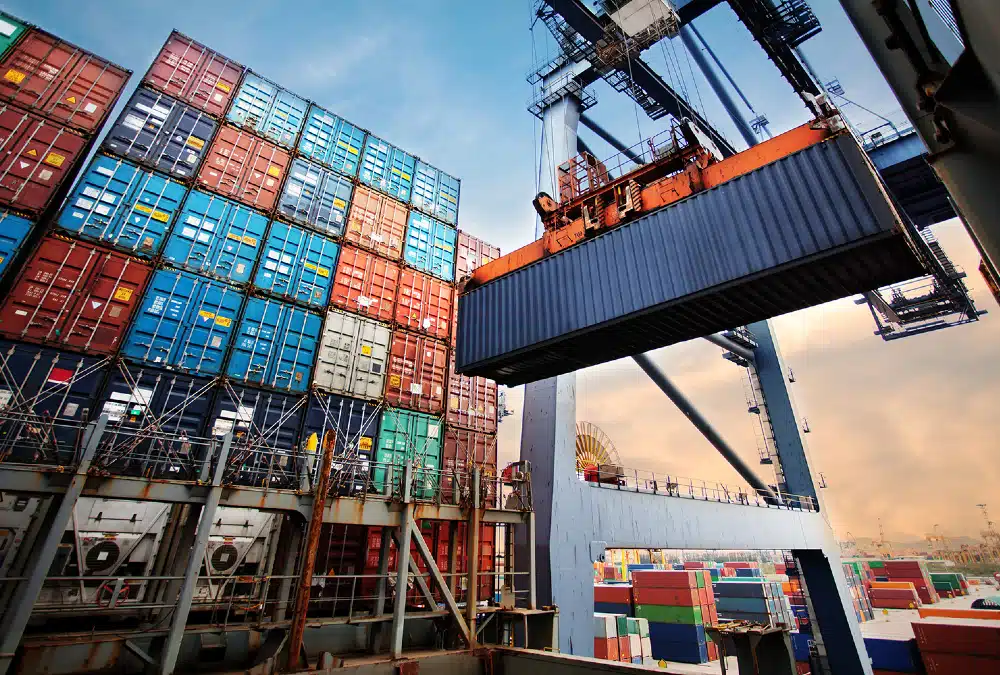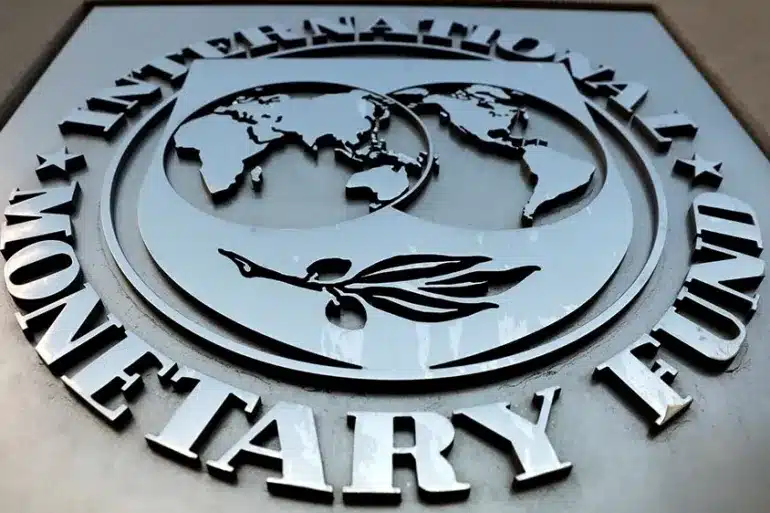Nigeria’s President Bola Tinubu has announced that the country raised ₦3.65 trillion ($2.47 billion) in non-oil revenue in September 2025, a 411% increase compared to May 2023.
Speaking during a national broadcast to mark Nigeria’s 65th Independence anniversary on Wednesday, Tinubu said the government has already surpassed its 2025 non-oil revenue target by August, collecting more than ₦20 trillion ($13.1 billion).
“Under our leadership, our economy is recovering fast, and the reforms we started over two years ago are delivering tangible results,” the president said.
He highlighted 12 major economic milestones achieved over the last two years, crediting sound fiscal and monetary policies.
“We have restored fiscal health: Our debt service-to-revenue ratio has been significantly reduced from 97% to below 50%. We have paid down the infamous ‘Ways and Means’ advances that threatened our economic stability and triggered inflation.”
Tinubu added that the removal of petrol subsidies in May 2023 has freed trillions of naira for investment in infrastructure, social programmes, and support for subnational governments.
Key economic indicators are showing improvement:
- GDP grew 4.23% in Q2 2025, the fastest in four years, beating the International Monetary Fund’s 3.4% projection.
- Inflation eased to 20.12% in August, the lowest in three years.
- External reserves rose to $42.03 billion in September, the highest since 2019.
The president also pointed to rising tax revenue, with the tax-to-GDP ratio climbing to 13.5% from under 10%. A new tax law coming into effect in January is expected to lift the ratio further.
“The tax law is not about increasing the burden on existing taxpayers but about expanding the base to build the Nigeria we deserve and providing tax relief to low-income earners,” Tinubu said.
He noted progress in trade, with Nigeria recording five consecutive quarters of surplus.
“We are now selling more to the world than we are buying, a fundamental shift that strengthens our currency and creates jobs at home. Nigeria’s trade surplus increased by 44.3% in Q2 2025 to ₦7.46 trillion ($4.74 billion), the largest in about three years.”
Non-oil exports now account for 48% of trade, while manufactured goods exports jumped 173%. Oil production has also rebounded to 1.68 million barrels per day, supported by improved security and new investments in the Niger Delta.
Tinubu highlighted domestic fuel refining achievements, noting Nigeria is now producing Premium Motor Spirit locally for the first time in four decades and has become Africa’s leading exporter of aviation fuel.
He added that foreign exchange reforms have helped stabilise the naira:
“The naira has stabilised from the turbulence and volatility witnessed in 2023 and 2024. The gap between the official rate and the unofficial market has reduced substantially, following FX reforms and fresh capital and remittance inflows.”
In light of the recent gains, the president assured that the worst of the country’s challenges were over.
“I am pleased to report that we have finally turned the corner. The worst is over,” Tinubu said. “Yesterday’s pains are giving way to relief. I salute your endurance, support and understanding. I will continue to work for you and justify the confidence you reposed in me to steer the ship of our nation to a safe harbour.”
Nigeria’s reform drive has also drawn global recognition. “Sovereign credit rating agencies have upgraded their outlook for Nigeria, recognising our improved economic fundamentals,” he added. “Our stock market is experiencing an unprecedented boom, rising from an all-share index of 55,000 points in May 2023 to 142,000 points as of September 26, 2025.”
The president urged subnational governments to support the economic revival.
“Let us be a nation of producers, not just consumers. Let us farm our land and build factories to process our produce. Let us patronise ‘Made-in-Nigeria’ goods. I say Nigeria first. Let us pay our taxes.”
NB: The local currency figures were converted to their estimated US dollar equivalent using N1,531/$1 as of August 29, 2025 (for August’s revenue) and N1,476/$1 as of September 30, 2025 (for September revenue)










